UAE Net Zero by 2050
The UAE Net Zero by 2050 is a national drive to achieve net-zero emissions by 2050, making the United Arab Emirates the first Middle East and North Africa (MENA) nation to do so. The UAE Net Zero 2050 strategic initiative aligns with the Paris Agreement, which calls on countries to prepare long-term strategies to reduce greenhouse gas emissions and limit the rise in global temperature to 1.5 C compared to pre-industrial levels.
The initiative aligns with the principles of the 50 – the UAE’s roadmap for accelerating national economic development to mark the country’s golden jubilee year, as the nation enters a new 50-year cycle of growth. The major economic opportunities offered by the path to net zero directly support a vision to develop the UAE into the most dynamic economy in the world.
What is Net Zero?
Net zero refers to a state in which the greenhouse gases going into the atmosphere are balanced by removal from the atmosphere. The term net zero is important because – for CO2 at least – this is the state at which global warming stops. The Paris Agreement underlines the need for net zero, requiring states to ‘achieve a balance between anthropogenic emissions by sources and removals by sinks of greenhouse gases in the second half of this century.
https://cdnapisec.kaltura.com/p/2503451/sp/250345100/embedIframeJs/uiconf_id/43914941/partner_id/2503451?iframeembed=true&playerId=kaltura_player&entry_id=1_qrzox3m4&flashvars[streamerType]=auto https://cdnapisec.kaltura.com//p/2503451/embedPlaykitJs/uiconf_id/47917953?iframeembed=true&entry_id=1_1qlz6qei
To ‘go net zero’ is to reduce greenhouse gas emissions and/or to ensure that any ongoing emissions are balanced by removals.
UAE Net Zero Strategic Initiative
The Ministry of Climate Change and Environment will lead and coordinate efforts to execute the UAE Net Zero by 2050 strategic initiative and ensure collaboration at a national level to fulfill this objective. Stakeholders in key sectors, such as energy, economy, industry, infrastructure, transport, waste, agriculture, and the environment, will update relevant plans, strategies, and policies, and implement initiatives and projects to achieve net zero by 2050 in line with their needs and growth requirements. Federal and local government authorities will be responsible for preparing comprehensive studies and developing plans that introduce the measures necessary to reduce emissions while also ensuring economic growth based on principles of sustainability.
The deployment and use of clean energy solutions are one of the main pillars of the UAE’s model of addressing the challenge of climate change and reducing GHG emissions. The country began financing clean energy projects more than 15 years ago and has invested over 40 billion USD in the sector to date. Current trends predict the production capacity of clean energy, including solar and nuclear, to reach 14 GW by 2030, up from about 100 MW in 2015 and 2.4 GW in 2020.
The UAE supports green infrastructure and clean energy projects worldwide and has invested in renewable energy ventures worth around 16.8 billion USD in 70 countries with a focus on developing nations. It has also provided more than 400 million USD in aid and soft loans for clean energy projects.
UAE Climate Actions
The UAE Net Zero by 2050 strategic initiative builds on the country’s three decades of climate efforts and represents a strategic target for the next three decades. The UAE’s journey on climate was begun in 1989 which will road to Net zero by 2050.

Solar Energy Initiative in UAE Net zero by 2050
With an abundance of solar resources in the country, UAE has been making strides in the sector. Masdar City develops renewable energy projects that assure sustainable urban development. Masdar has been acting as a catalyst that catapults UAE to a pioneering position in renewable energy in the Middle East.
Solar energy is one of the primary mandates of Masdar. Since 2006, Masdar has invested more than $4 billion mainly in solar and wind power projects. The Clean Energy division of Masdar uses innovative technologies to use solar power plants for electricity generation and replace traditional thermal use technologies for energy generation and distribution.
A snapshot of all Masdar projects worldwide is given below:

UAE Net Zero Initiatives and Impact
The UAE Net Zero by 2050 was announced with the aim to:
- Create an energy equation of 44% clean energy, 38% gas, 12% clean coal, and 6% nuclear energy.
- Increase the contribution of clean energy in the energy mix to 50% from the current 25%.
- Save around AED 700 billion by 2050 in energy.
- Increase the efficiency of consumption by individuals and corporates by 40%.
- Invest around AED 600 billion by 2050 to meet the rising demands of energy.
- Create a balance between supply and demand.
- Slash carbon footprint in power generation by 70%.
Related post :
How to increase the efficiency of solar panels
How Many Solar Panels Do I Need in UAE
How Shams Dubai Net Metering Program Works

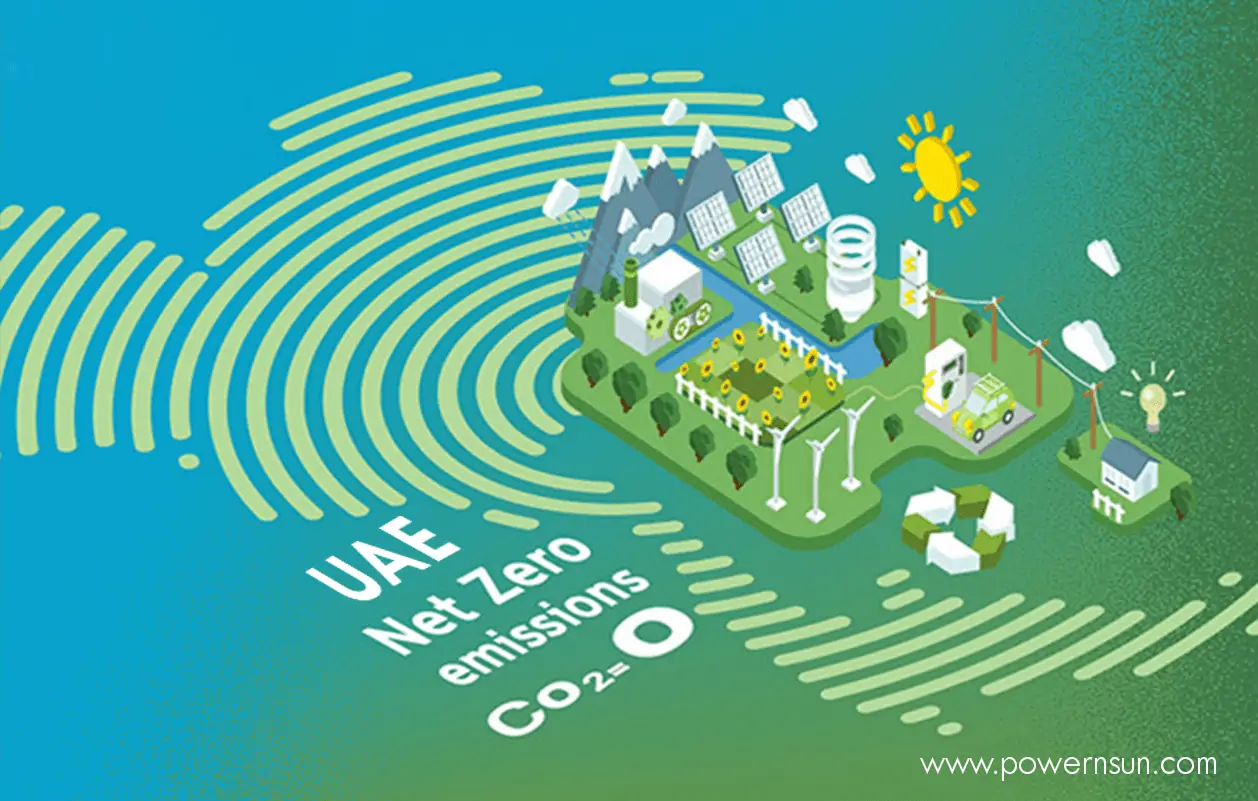
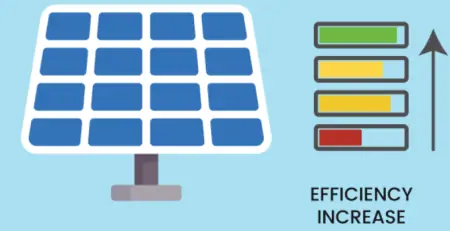
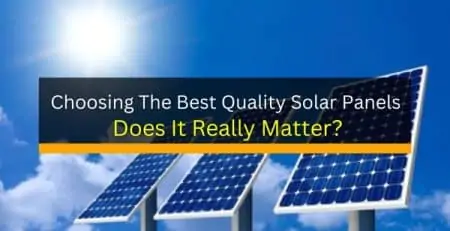
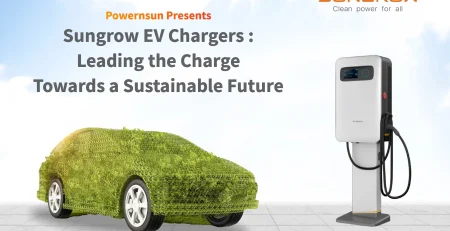
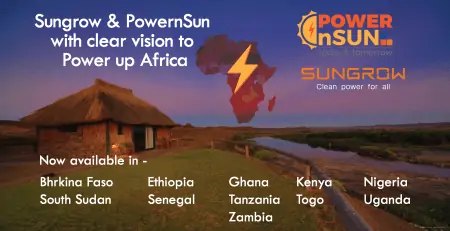
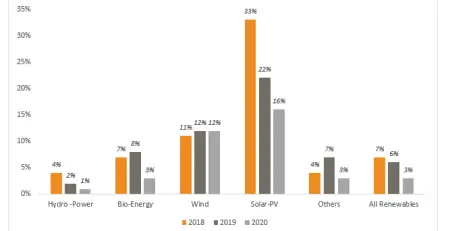
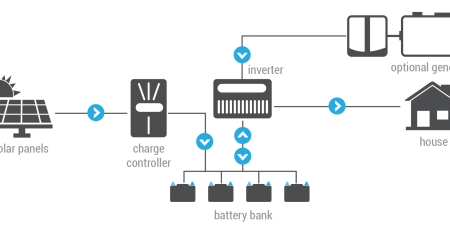


Leave a Reply